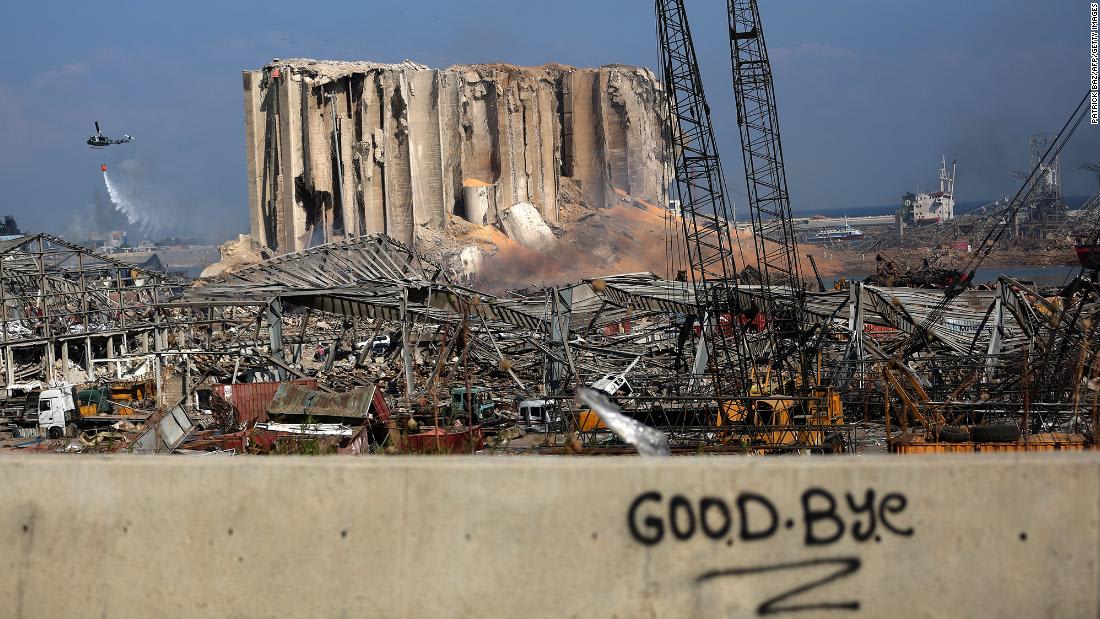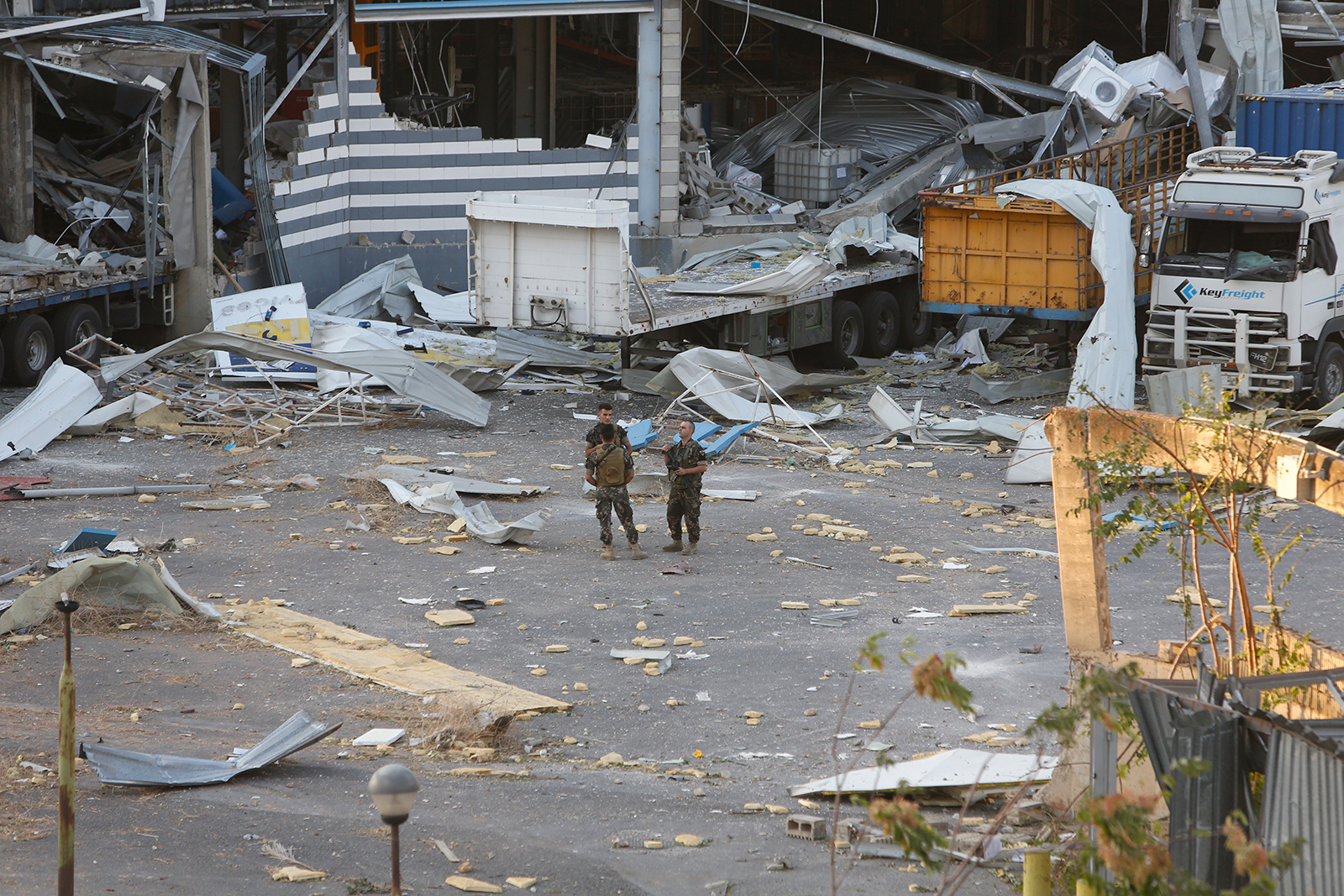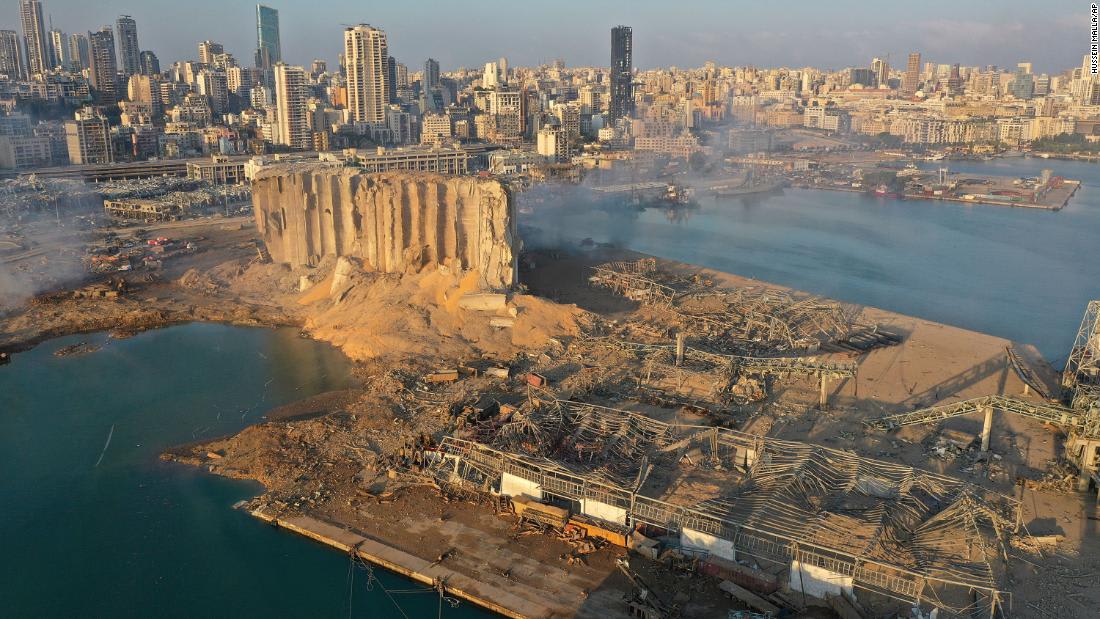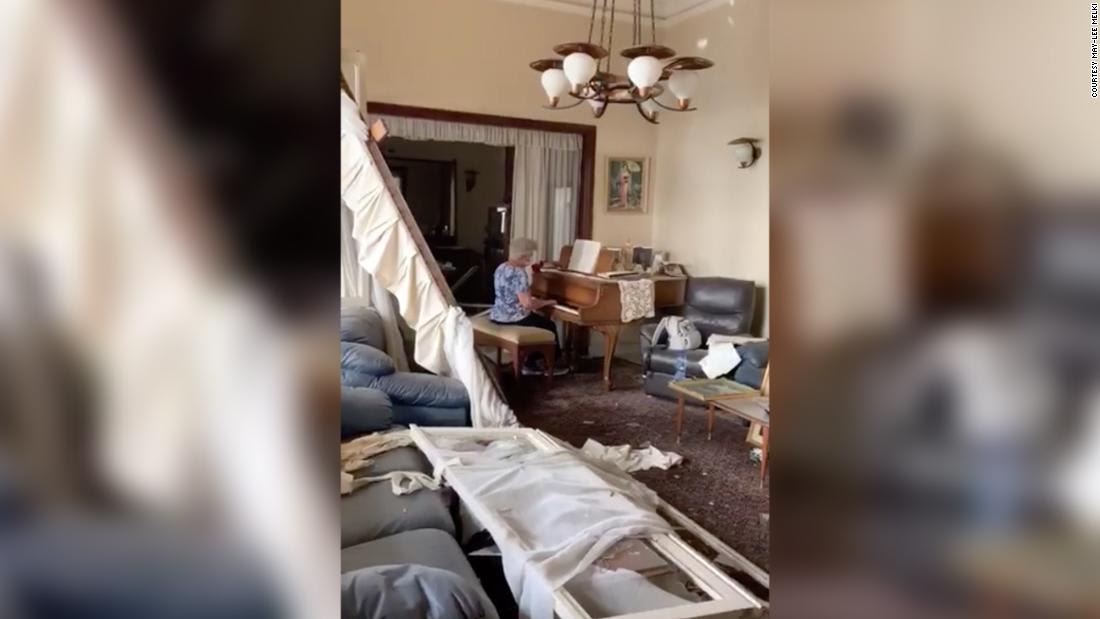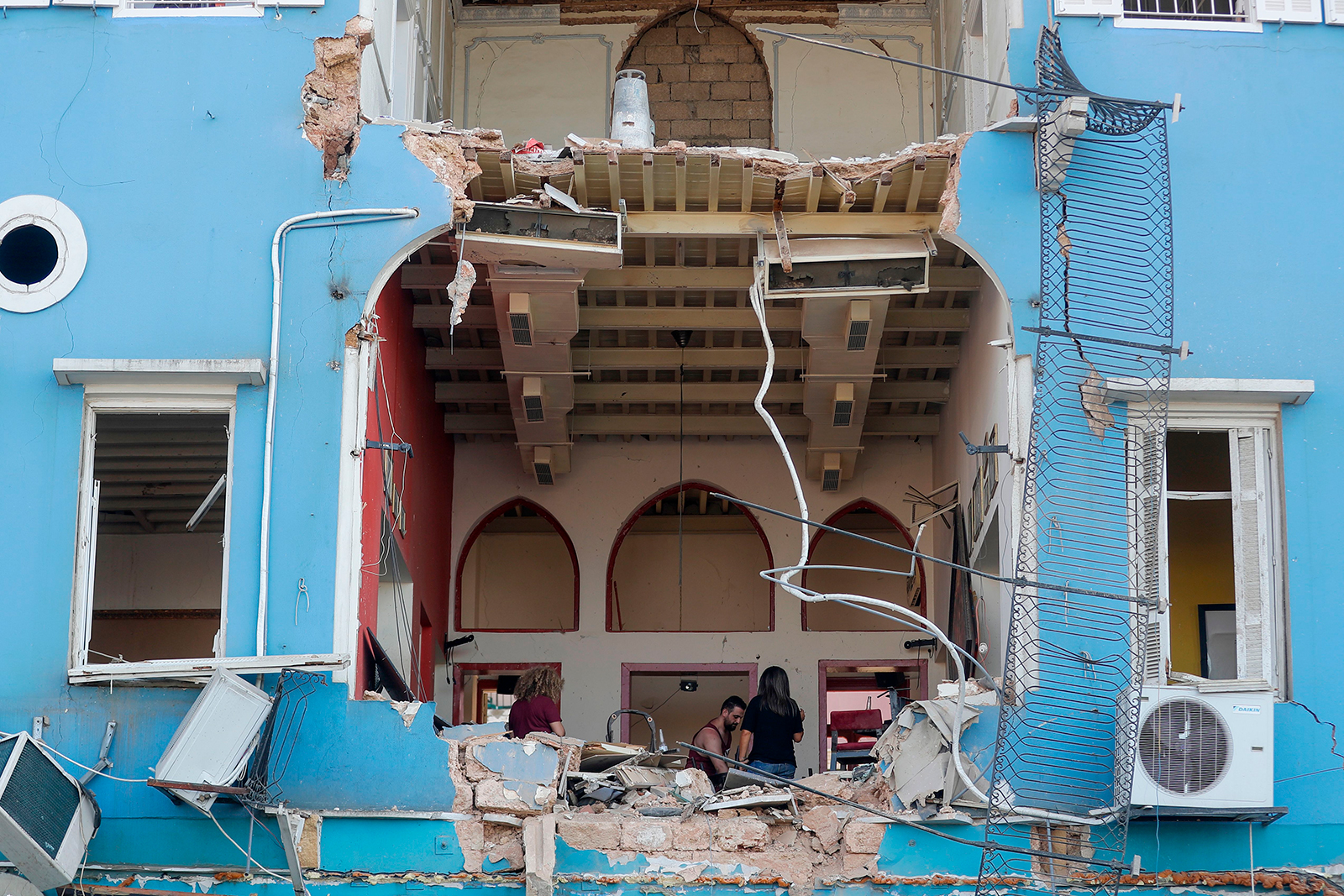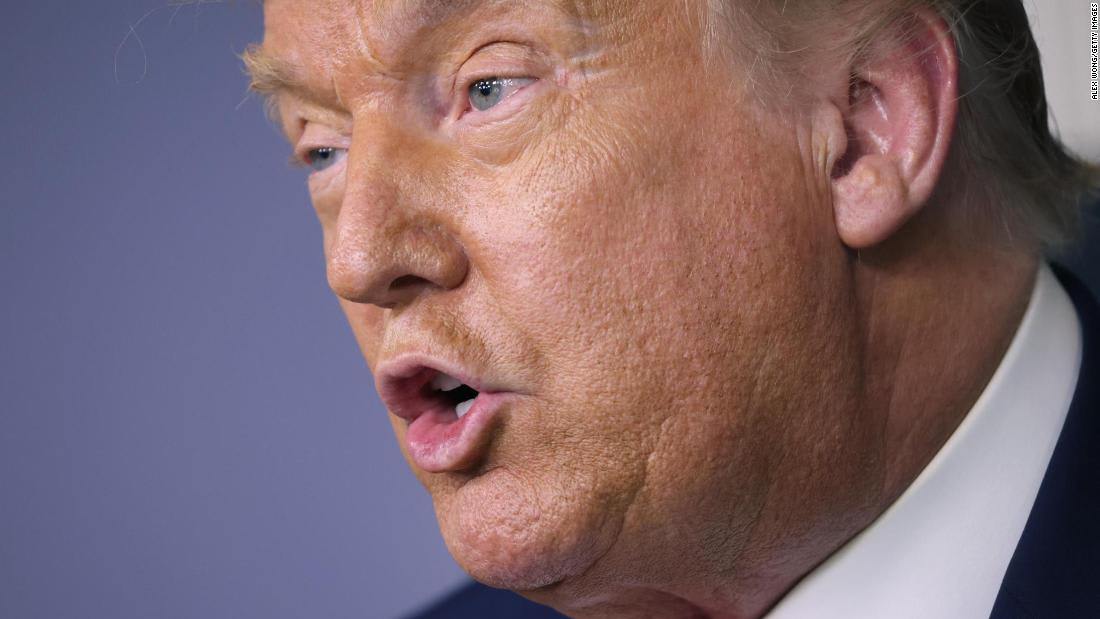The non-profit organization Human Rights Watch has called on Lebanese authorities to invite international experts for an independent investigation into Tuesday's blast, which rocked the capital Beirut.
“Given the Lebanese authorities’ repeated failure to investigate serious government failings and the public’s distrust of government institutions, an independent investigation with international experts is the best guarantee that victims of the explosion will get the justice they deserve,” said Aya Majzoub, Lebanon’s researcher at HRW, in a statement on Thursday.
“The investigation should determine the causes and responsibility for the explosion and recommend measures to ensure it cannot happen again. The Lebanese government should ensure that those affected by the blast have access to adequate housing, food, water, and health care, with all aid distributed fairly and impartially.”
Questions of judicial independence: Human Rights Watch expressed serious concerns about the ability of the Lebanese judiciary to conduct a credible and transparent investigation on its own.
“Lebanese and international rights groups have for years documented political interference in the judiciary and criticized its lack of independence," the statement said. “Further, initial evidence suggests that some judges were aware that the ammonium nitrate was stored in Beirut’s port and allegedly failed to take action,” the statement added
Some context: Authorities are still investigating the cause of the explosion, but Lebanon's prime minister said the probe would focus on an estimated 2,750 metric tons of the explosive ammonium nitrate stored at a warehouse at the port.
It has been there since 2014, despite the director of Lebanese Customs repeatedly warning the government of its danger over the years.
